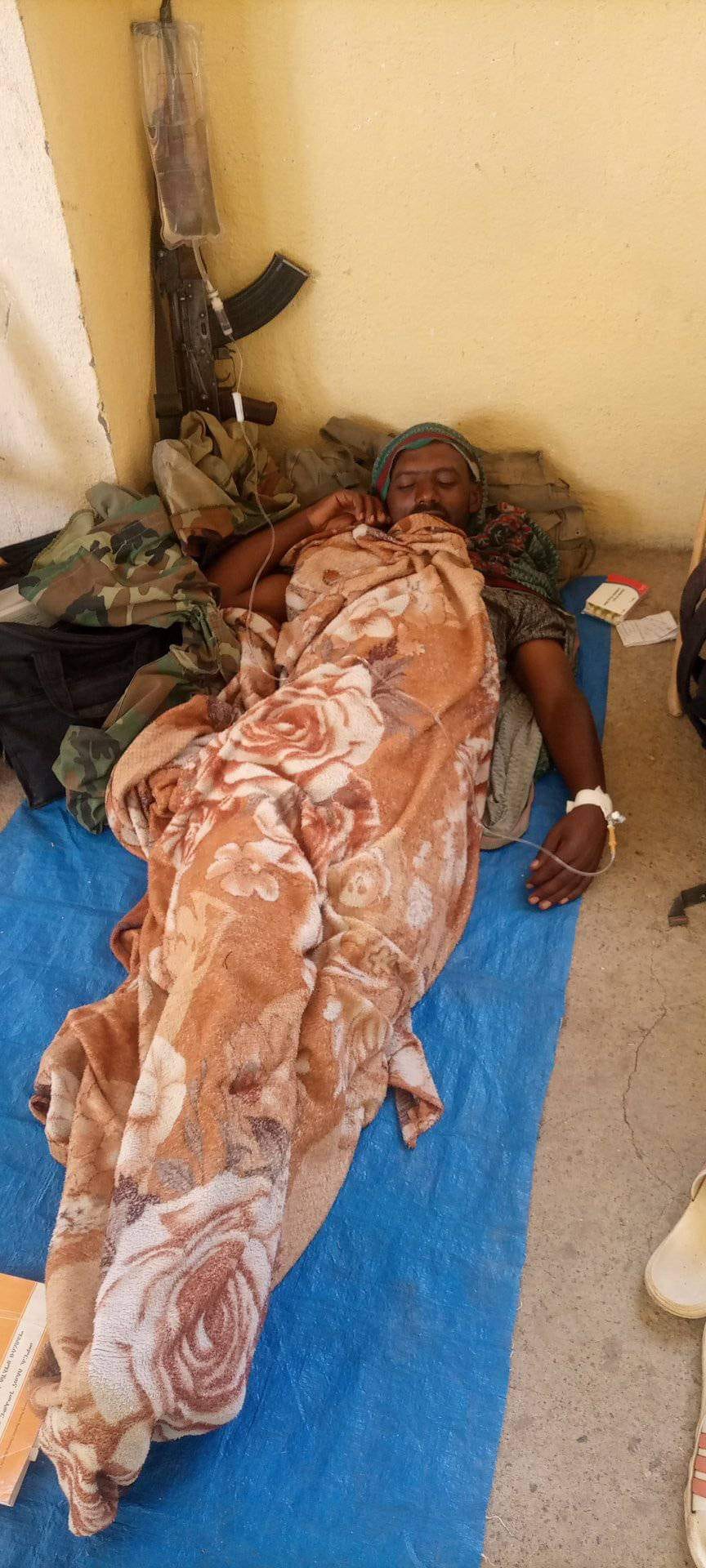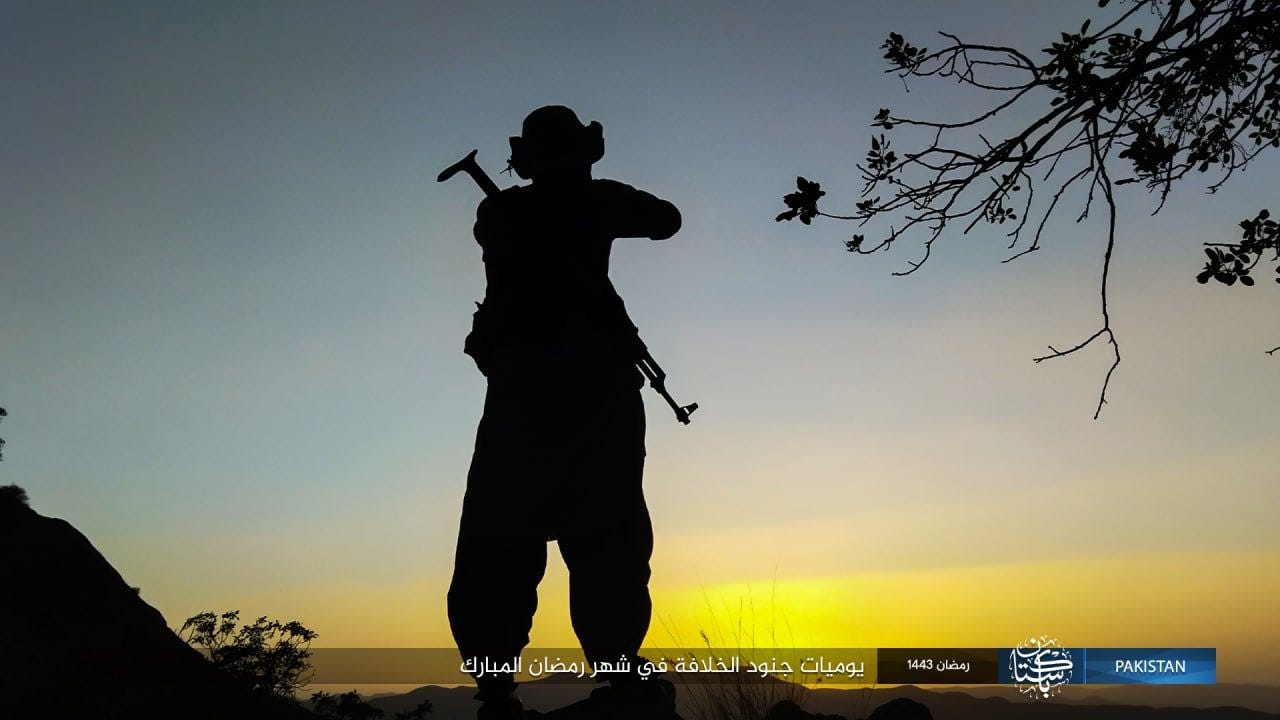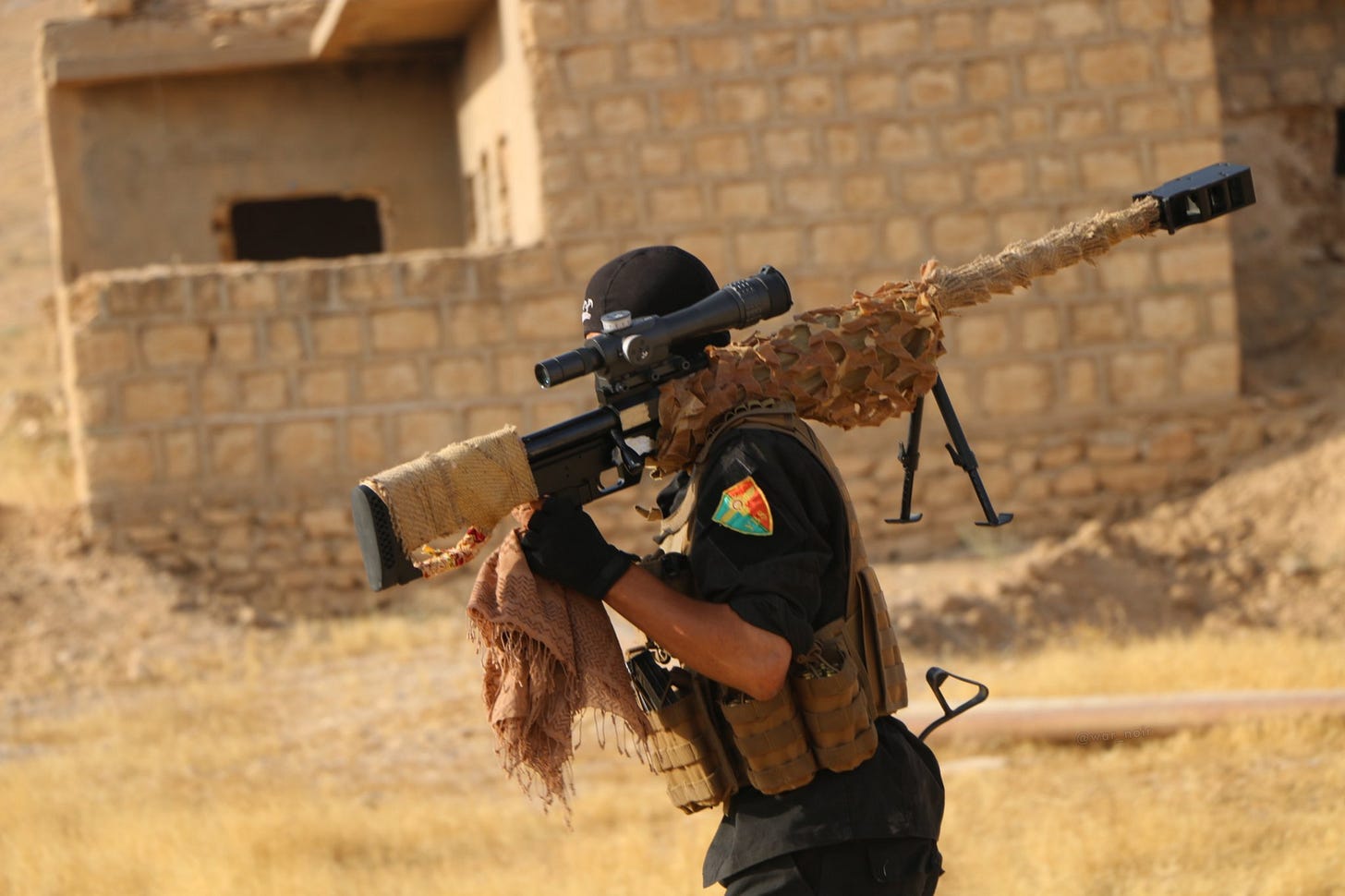MW Weekly: Islamic State Pakistan Raises Money Using QR Codes; ISKP Intensifies Uzbek Recruitment; Political Unrest in Indonesia
Islamic State Pakistan Branch Uses QR Codes in New Magazine to Fundraise
Last week, the nascent Urdu language pro Islamic State magazine, Yalghar — presumed an official magazine of the Islamic State’s Pakistan affiliate (ISPP) — released its third issue. While most of the articles are a regurgitation of various mundane religious and political issues and a tally of recent ISIS attacks in Pakistan, the magazine concludes with several QR codes — each directs users to a specific Telegram account.
The multifaceted propaganda approach — operating under Nashir Pakistan — is an effective means of ensuring that its audience has interest-based content access. The categorical accounts are meant to provide individuals with answers to religious and ideological questions, links to propaganda distribution channels, copies of religious material, and so on. One account, in particular, is earmarked for fundraising, and this makes it all the more interesting.
By contacting this specific account on Telegram, individuals can request fundraising details from the channel administrator and subsequently donate to the group’s cause. This is the first time, to the best of our knowledge, that a pro-ISIS quasi-official publication adds a fundraising channel QR code for their audience.
The fundraising details might include a bank account number, a digital wallet, a cryptowallet, or even the conventional money transfer system. While unclear which means ISPP might be using, we have observed multiple jihadist channels in support of ISIS in Afghanistan use the Russian QIWI wallet system for donations. The “QIWI trend” has been prevalent among Tajik and Russian-speaking jihadists for the last several months and might be one way for ISPP to collect funds. The other observable is the use of USDT crypto wallet — a more anonymous and secure fundraising stream - and it would not be surprising if ISPP resorts to crypto donations.
Overall, this is a savvy way for an ISIS affiliate to provide an all-access information page for their readership — and specifically for bankrolling potential operations.
While terrorist groups and their supporters have innovated fundraising campaigns for the past two decades — whether Western Union, Islamic charities, bank accounts, or digital wallets — the new approach of making fundraising channels accessible to the public at large aims to capitalize on as much human traffic flow as possible and remove mediating bottlenecks between the audience and the group. Indeed, this would create a new challenge for security agencies to keep tabs on the ever-evolving methods employed in transferring funds, especially if the funds are in small amounts.
Crowdsource terrorism financing is likely to remain a challenge for counterterrorism professionals if counterintelligence operatives do not conduct their due diligence in extracting the terror fundraising details and work on suspending these collections methods and keep an eye on emergent FinTech that could be exploited in nefarious activities.
- Analysis by Laith Alkhouri
Uzbek Pro-ISKP Groups Pursue Aggressive Central Asian Recruitment Campaign
In recent months, Uzbek language groups linked to the Islamic State Khurasan Province (ISKP) have intensified their efforts to recruit Central Asian supporters to travel to Afghanistan to join the insurgency.
The calls to make hijra have also become more public and overt, as exemplified by the August 15 statement by Xuroson Ovozi, a group under ISKP’s official Al-Azaim Foundation for Media Production umbrella, declaring in a print statement that “Emigration to Khorasan is open”, adding that “caliphate in Khorasan” is “expanding and growing by the grace of God.” The media release noted that those who die fighting for the cause will be amply rewarded in the afterlife.
On September 2, Xuroson Ovozi Radiosi, a radio show by the aforementioned ISKP media wing, released a 59-minute-long audio lecture that likewise encouraged sympathizers to join the Islamic State in Afghanistan.
The steady drumbeat of calls for Muslims to join ISKP in Af-Pak continued on September 9 when ISKP channels circulated a 17-minute-long audio statement that urged Uzbek Muslims to emigrate to Khurasan Province. The statement also advocated for expanding ISKP’s war in Afghanistan into Central Asia.
Anti-Government Protests Intensify in Indonesia
On September 8, protesters tried to block the vehicle carrying Indonesian Vice President Ma’ruf Amin, in Palembang, South Sumatra. The protesters were demonstrating against an approximately 30% increase in subsidized fuel prices, announced on September 3. Government spending on fuel subsidies has risen considerably as global energy prices increased this last year. This is the first hike since 2014; then too, protests broke out across Indonesia.
The increased fuel prices come at a time when inflation hit 4.94% in August, the highest since October 2015. Earlier this year, nationwide protests also broke out over cooking oil prices and shortages. People’s livelihoods were severely affected by the COVID-19 pandemic and its effects. Wages have not increased much. The recent protests started in the weeks before the announcement and have since intensified.

Student and labor groups have been at the forefront of the demonstration. Hundreds of people, in some cases thousands, have protested in cities and towns across the country, including the capital Jakarta. Clashes have taken place in some cases. Protesters have forced themselves into government buildings or they have blocked roads. Police have used water cannons against demonstrators.
Protests and the associated violence over the recent fuel price hikes could intensify in the near future. There have already been cases of hoarding. The government’s ability to rein in inflation from these hikes will be closely watched, and people could protest price rises in other essentials too. While most protests in Indonesia are peaceful, violence often flares up with little to no warning. Security forces do not always use restraint, even though attempts to de-escalate are usually used first.
There has been increasing public anger over a multitude of issues since 2019, especially controversial laws and policies. President Joko “Jokowi” Widodo’s government has been accused of suppressing democracy, clamping down on dissent, and pushing for laws that put the interests of money above people. Government corruption is rife. There have been several controversies with officials linked to him or the government. Jokowi has cracked down on some of his biggest opponents, the hardline Islamist groups, who wielded significant influence in the 2010s. Yet President Jokowi himself remains widely popular. He will most likely weather this, just as he has other issues. There will be demonstrations, of course, but he will see his second (and final) term through and be a ‘kingmaker’ in the 2024 elections. Anti-government protests, led by students and unions, will also continue.
- Analysis by Uday B.
Conflict Photos of the Week

















